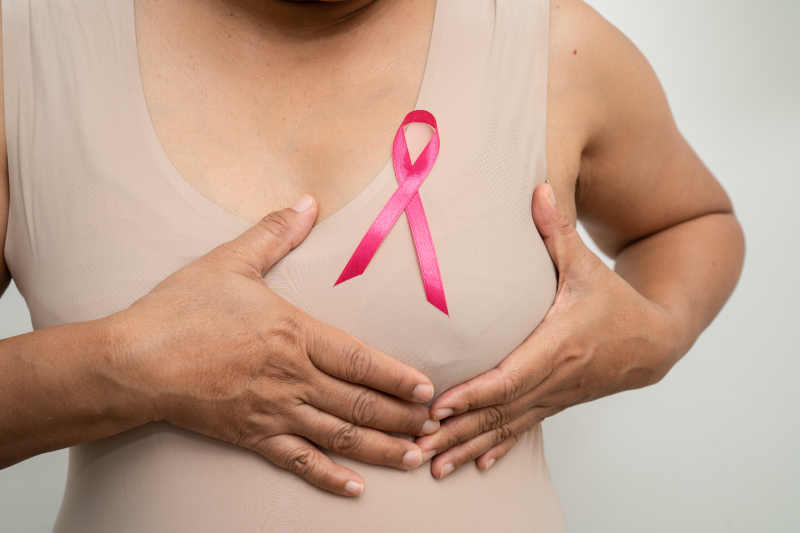Online resources abound with guidance on when women should begin getting annual screening mammograms, how frequently they should follow up, and when they should stop. How expert advice on breast health relates to you will depend on a number of variables. The more information you have, the better decisions you can make for yourself and your health with the help of your doctor.
When Should I Begin Getting Mammograms?
For women who have no current breast concerns or issues, screening mammography should begin at age 40, according to a number of clinical guidelines, including those from the American College of Obstetricians and Gynecologists (ACOG), the American Medical Association (AMA), the American College of Radiology (ACR), the National Comprehensive Cancer Network (NCCN), and the Society of Breast Imaging, to name a few.
It is advised that women in the High Desert adhere to the following rules:
- Every one to three years, healthy women between the ages of 25 and 39 who have no known risk factors for breast cancer should visit their doctor for routine breast exams and risk assessments. In addition, historical advice suggests performing monthly self-examinations to maintain breast awareness and having a physical breast examination performed by a doctor at a yearly physical. Knowing your breasts helps you see anything out of the ordinary that might need extra attention.
- All women 40 years of age and older should continue to receive annual screening mammograms, preferably 3D mammography, as well as physical breast examinations during well-woman visits. Starting at age 40, doctors can monitor normal yearly changes in breast tissue and find tumors sooner, up to two years before a lump can be felt and when they can be treated more successfully.
- To establish a baseline for screening, women with a family history of breast cancer and/or those with recognized risk factors should begin mammography before age 40, ideally by age 30. By the age of 25, risk assessment for breast cancer should start.
Regardless of age, a woman who notices breast symptoms such a palpable lump, discharge, or change in appearance should see her doctor right once and get a referral for a diagnostic mammography so that a diagnosis may be made.
Once Should I Stop Getting Mammograms?
According to breast health expert recommendations, women should continue getting annual mammograms into their 50s, 60s, and 70s. Why? Because our bodies change with age, including changes in hormone levels and breast density, and because breast health changes as we age, the risk of developing breast cancer rises.
The best method to monitor your breast health and any changes in breast tissue that may need to be addressed early on is to continue getting an annual screening mammogram. The median age of breast cancer diagnosis is 62 years old, and the majority of cases are detected in women aged 50 and older. According to all professional advice, you should talk to your doctor about your breast health during your yearly checkup so you may decide what’s best for you given your age, health history, stage of life, and any individual preferences or demands.
The majority of recommendations suggest that whether or not a woman continues to get mammograms after the age of 75 is a personal choice she should make in consultation with her healthcare professional, particularly if she has survived breast cancer.
Life expectancy, general health, quality of life, and tolerance for potential adverse effects of any therapies a patient may be receiving for cancer or other medical diseases are all important factors to take into account when deciding whether women 75 and older should continue getting mammograms.
Options for ongoing breast surveillance must take into account each of these considerations. According to research, continuous screening mammograms after age 69 can increase life expectancy, and the United States Preventive Services Taskforce claims that the benefits of screening mammography have been established up to age 74. Consult your doctor if you are over 75 and uncertain about whether to continue receiving annual screening mammograms.
Make Your Mammogram a Top Priority for Your Best Breast Health
Every woman has a different risk profile for getting breast cancer over the course of her lifetime, according to Dr. Ahmadinia. We are here to collaborate with you as your partners in care to create and uphold a long-term plan for your greatest breast health.

